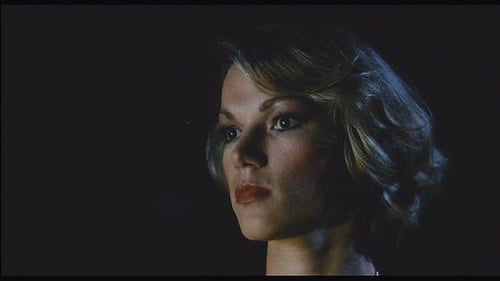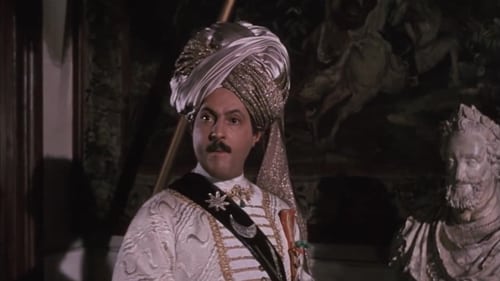
What there is of a plot in this drama serves mainly as a vehicle for the exploration of character. In the story, Michel (Bernard-Pierre Donnadieu) is a recent widower. As the story opens, he and his friend Andre (Philippe Nahon) are sharing a drink on Christmas Eve. He takes a yellow scarf from a woman he knows (Laura Morante) and teasingly refuses to return it. Throughout the remainder of the film, the scarf reappears, as does the woman, until they wind up in bed together at the end of the film. Before that happens, Michel wanders around Paris, viewing the festivities with a jaundiced eye which serves to heighten the unattractiveness of those he observes. Later he has dinner with a group at Andre's house, and his poor opinion of human nature is amply supported by the events that occur then.

Le chauffeur de taxi
Тихий одинокий холостяк месье Ир, которого подозревают в убийстве девушки, любит тайно наблюдать через окно за своей молодой соседкой Алисой, живущей в доме напротив. Однажды, заметив его при вспышке молнии во время грозы, Алиса приходит к нему домой, чтобы узнать, почему он за ней шпионит…

Банда отморозков, ведомая жестоким гомосексуалистом Костой, творит беспредел на парижских улицах. Когда очередной жертвой становится сестра Жерара, полицейского из отдела нравов, разъяренный блюститель закона решает сражаться с преступниками их же методами.

Le quidam
A young woman, employed in a jewelry store, decides to take advantage of the heist she witnesses. She shoots down one of the burglars; the other will pursue her.

Walter Klozett is a spy arrested and imprisoned by the French Police who know him in possession of stolen booty which the French secret services would like to recover at all costs.

Weismüller
Thomas, in his forties, holds an important post in a slaughterhouse. He is engaged to Marie-Rose, the daughter of the director, whom he hopes to follow later. In a routine examination in the hospital, however, he finds out that he has cancer and his days are counted. The upheaval that he suffers as a result, however, does not take long, his decision is certain: he will use the short time to clean up some bad guys. What else can he do now?

Le garçon tailleur
Le Bourgeois gentilhomme satirizes attempts at social climbing and the bourgeois personality, poking fun both at the vulgar, pretentious middle-class and the vain, snobbish aristocracy. The title is meant as an oxymoron: in Molière's France, a "gentleman" was by definition nobly born, and thus there could be no such thing as a bourgeois gentleman.






